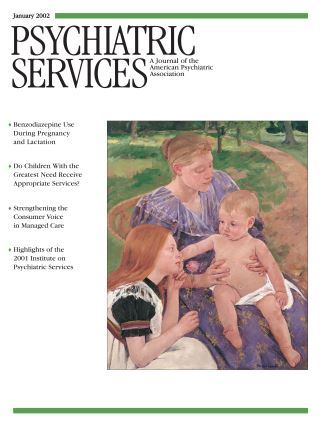This book is a collection of essays edited by Tim Dean, associate professor of English and interpretive theory at the University of Illinois, and Christopher Lane, associate professor of English and director of psychoanalytic studies at Emory University.
Homosexuality and Psychoanalysis is a bold effort in the daunting task of examining the theories and practice of psychoanalysis as it relates to the views of "queer theorists" and others who challenge the traditional concept of analytic theory and its approach to homosexuality. Central to this premise is the Freudian concept of sexuality and "same-sex desire." Dean and Lane argue that Freud believed that same-sex desire was a universal potential and that "lesbian and gay politics" has not fully recognized how innovative this view was as a psychoanalytic perspective. Because Freud had a "universal view" of sexuality, his concept of same-sex desire would not be compatible with "lesbian and gay politics," which has approached sexuality from the perspective of an "identity."
In this volume's charting of the development of the psychoanalytic movement after Freud's death, the reader is exposed to a variety of essayists, some of whom fall in the category of "queer theorists" who elaborate on analytical theories of homosexuality. Drawing on the growing body of literature in lesbian and gay studies, this book begins to paint a broader picture of sexuality that attempts to debunk traditional analytical views of homosexuality as "pathological." The argument is made early on that it might be better to analyze "homophobia" rather than to focus on homosexuality as a problem.
Through the essays in this book, the reader begins to understand the development of the psychoanalytic movement after Freud's death and looks at the historical development of psychoanalysis as practiced by medical doctors. It is fascinating to learn how strong the effort was to correlate homosexuality with neurological or anatomical abnormalities. In the views of the "queer theorists," such abnormalities were an early pathological mark of same-sex desire.
The struggle for "gay identity," which eventually became political and movement oriented, probably owes its momentum to the debate in the American Psychiatric Association, which first included and then removed homosexuality from its official nomenclature of mental disorders. As the essays in this book show, many in the psychoanalytic movement believed that homosexuality deviated from the norm and should always be regarded as an illness. Early on in the psychoanalytic movement, it was unlikely that lesbian or gay persons would subject themselves to analysis. Now, however, there are openly gay and lesbian therapists and analysts, and many have contributed to a growing body of evidence that suggests that sexuality is more fluid than previously thought.
This book is not an easy read. However, it carefully charts the emergence of a strong and clear challenge to the views of those in the psychoanalytic movement who embodied what many feel was homophobia. The reader is exposed to a variety of essays with wide-ranging views on sexuality, and the issues raised will help broaden one's clinical perspective. This ambitious book should be read by clinicians in the behavioral sciences who treat patients who may present with issues of sexual identity.

